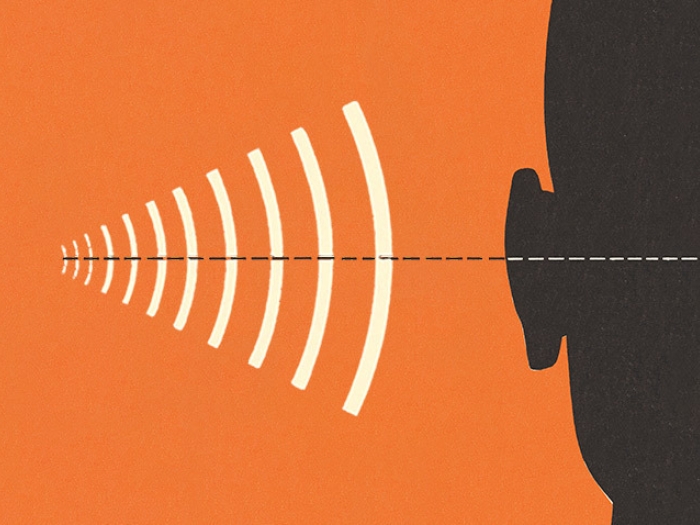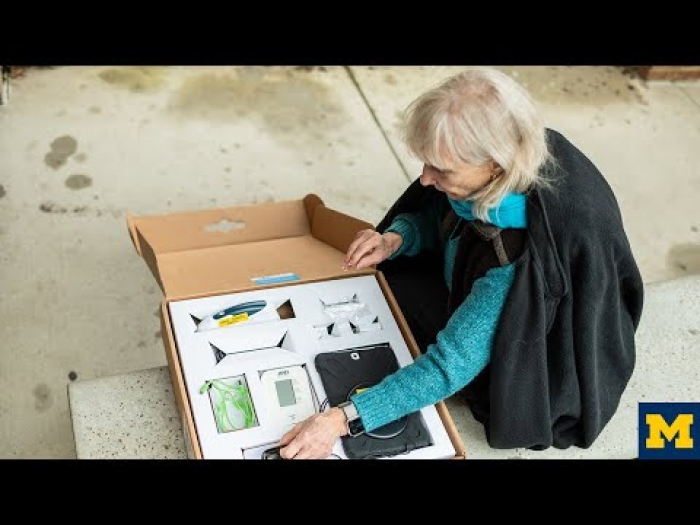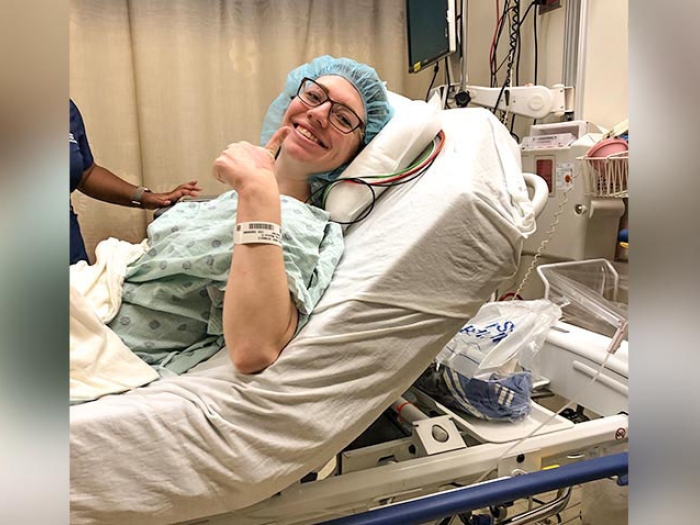Showing 181-195 of 195 results

Health Lab
A psychiatrist discusses the barriers to seeking help for alcohol use disorder and how to overcome them.

Health Lab Podcast
Pill swallowing can be a difficult skill to learn for kids and adults, and for some kids, it's a skill they need to learn at a young age. In this short video tutorial, a child psychologist from the University of Michigan C.S. Mott Children's Hospital shares helpful tips for teaching your child how to swallow pills.

Health Lab
An audiologist’s advice on how best to avoid preventable hearing loss.

Minding Memory
If you’re new to dementia research, you’ll soon come to find that most research papers on dementia start off something like this: “In the United States there are 5.8 million individuals living with dementia and this is expected to increase to 13 million by 2015. . . .” In this episode we discuss the study on dementia prevalence that has been cited thousands of times with one of the authors. Dr. Jennifer Weuve from Boston University joins us today. We also talk more broadly about what makes a research paper highly citable in general.

Minding Memory
Our guest in this episode is Dr. Sara Adar. She is an associate professor at the University of Michigan School of Public Health in the department of epidemiology. Dr. Adar was the senior author on a study titled “Long-term community noise exposure in relation to dementia, cognition, and cognitive decline in older adults” that was published in the journal Alzheimer’s & Dementia. The study used data from the Chicago Health and Aging Project to examine the association between exposure to community noise and cognitive impairment. We talk with her about how exposure to noise affects cognition.

Minding Memory
Often research studies consider dementia as either present or absent, while others specify particular types of dementia. For example, what exactly is frontotemporal dementia? In this episode, we talk with Dr. Henry (Hank) Paulson, who directs the Michigan Alzheimer’s Disease Center, to introduce listeners to the most common types of dementia and hear about some of their defining features. For those of you without clinical backgrounds, consider this your crash course on the types of dementia.

Minding Memory
In this episode we continue our discussion of the implications of the approval of Aducanumab. Our guest this week is Professor Nicholas Bagley. Prof. Bagley is a professor of law at the University of Michigan Law School and a contributing writer to the Atlantic. Recently he wrote an article titled “The Drug that Could Break American Health Care” that discusses some of the broader (unintended) consequences of the approval of Aducanumab. In this episode we discuss some of the broader cost implications of the new drug.

Minding Memory
In this episode we talk with Dr. Ken Langa about the implications of identification of “preclinical” Alzheimer’s disease (situations where individuals may have biological signs of Alzheimer’s but no symptoms). Ken is a leading dementia researcher and our discussion focuses on an article he published called “Preclinical Alzheimer Disease – Early Diagnosis or Overdiagnosis” that was published in JAMA Internal Medicine. In his article co-authored with Dr. Jim Burke, he brings up some of the potential indirect effects of early detection.

Health Lab
A sleep neurologist explains the science.

Health Lab
Experts bring virtual care to a diverse range of patients in need.

Health Lab
Navigating the winter during a pandemic will present new challenges for maintaining mental and physical health. An expert gives advice on weathering the COVID pandemic in the coming months.

Health Lab
Michigan Medicine Otolaryngologist Dr. Norman Hogikyan helped 22-year-old Madison Marciniak breathe easy again after surviving a house fire.

Health Lab
Staying healthy during the holidays can be a tall order, but arranging your plate and your plans with these tips can help.

Health Lab
Innovative U-M program provides students with mental health resources.

Health Lab
Capgras Syndrome, or Imposter Syndrome, affects patients with demCapgras Syndromeentia, bipolar disorder, or schizophrenia. Here's help in managing Capgras Syndrome symptoms.